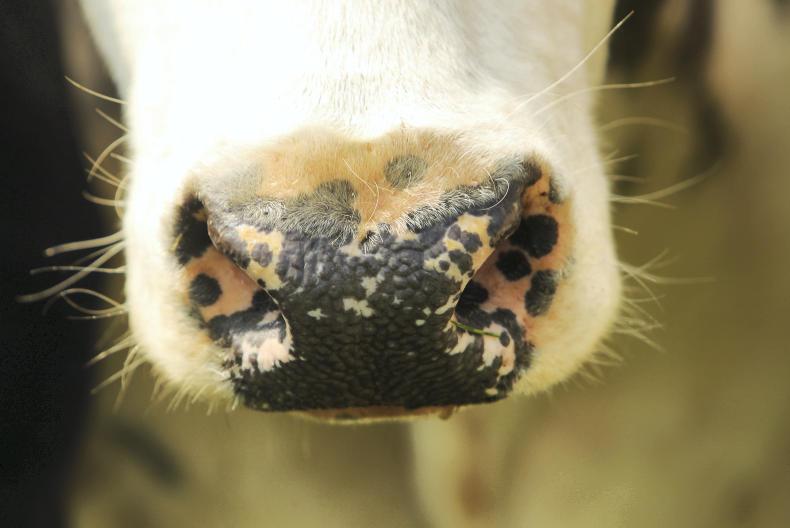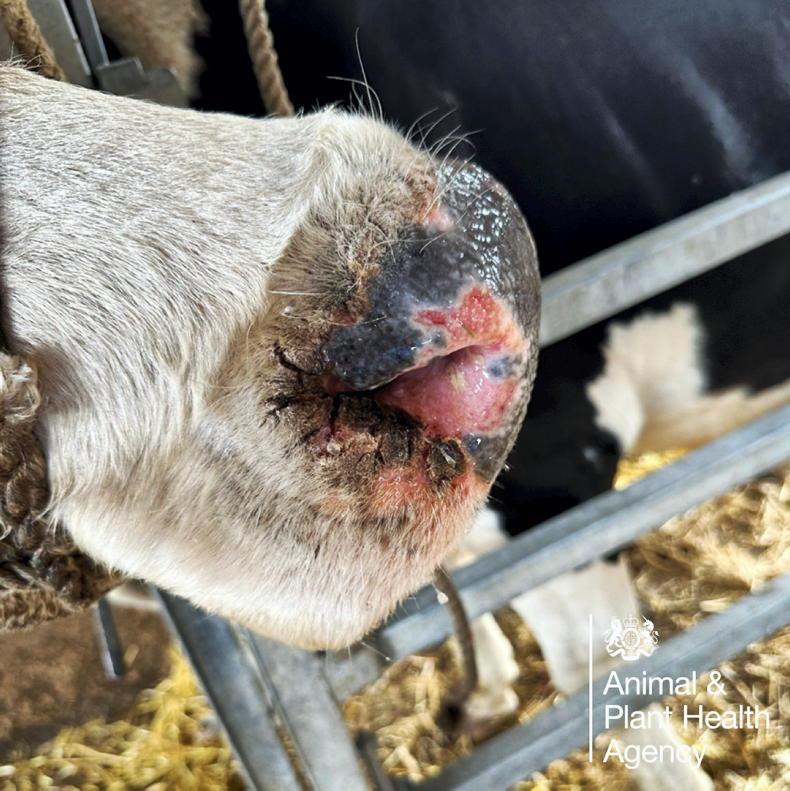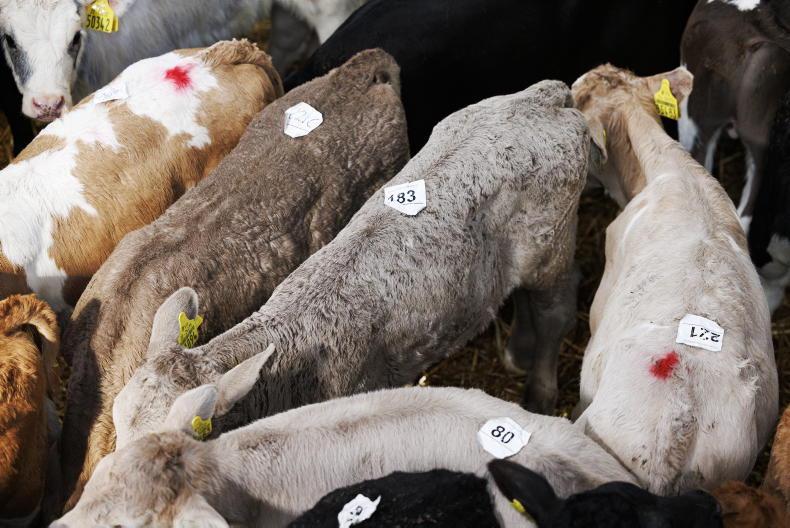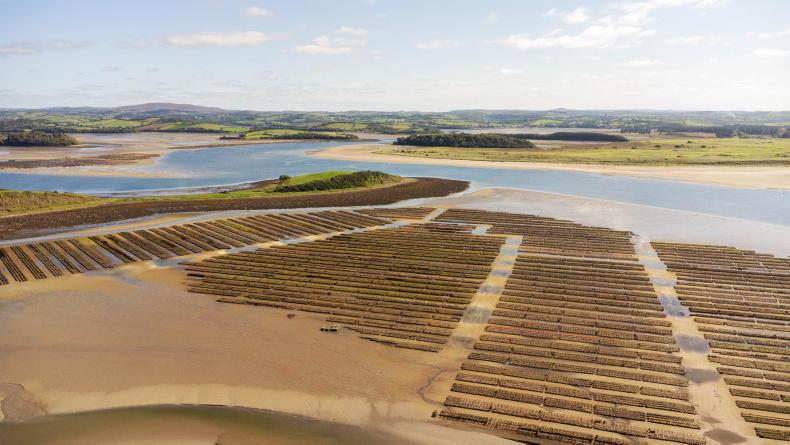Farmers considering importing ruminant animals from bluetongue-affected countries should only do so if absolutely necessary, the Department of Agriculture has told farmers.
It said that this is the most likely route of introduction of the bluetongue virus into Ireland.
Even animals with bluetongue vaccination records may harbour bluetongue and infected animals may not show any clinical signs and may only be detected through testing their blood for the virus.
The Department said that the high-risk period for bluetongue in Ireland is during the vector season, which is between April and early December each year.
It warned that if bluetongue is introduced to Ireland, it could have a major effect on our export markets.
Advice
The Department is advising farmers that if they are importing animals, to only do so from reputable sources and not to buy or accept animals which have been recently imported without carefully checking their origin.
In December, it was confirmed that a case of bluetongue was found in Germany – the first case since 2009.
To date, 32 outbreaks of the virus have been reported in Germany, the majority of which are in the southwestern/western part of the country, close to the borders with France and Switzerland.
Read more
Live exports: what's in store for 2019?
First case of bluetongue found in Germany
Farmers considering importing ruminant animals from bluetongue-affected countries should only do so if absolutely necessary, the Department of Agriculture has told farmers.
It said that this is the most likely route of introduction of the bluetongue virus into Ireland.
Even animals with bluetongue vaccination records may harbour bluetongue and infected animals may not show any clinical signs and may only be detected through testing their blood for the virus.
The Department said that the high-risk period for bluetongue in Ireland is during the vector season, which is between April and early December each year.
It warned that if bluetongue is introduced to Ireland, it could have a major effect on our export markets.
Advice
The Department is advising farmers that if they are importing animals, to only do so from reputable sources and not to buy or accept animals which have been recently imported without carefully checking their origin.
In December, it was confirmed that a case of bluetongue was found in Germany – the first case since 2009.
To date, 32 outbreaks of the virus have been reported in Germany, the majority of which are in the southwestern/western part of the country, close to the borders with France and Switzerland.
Read more
Live exports: what's in store for 2019?
First case of bluetongue found in Germany










SHARING OPTIONS